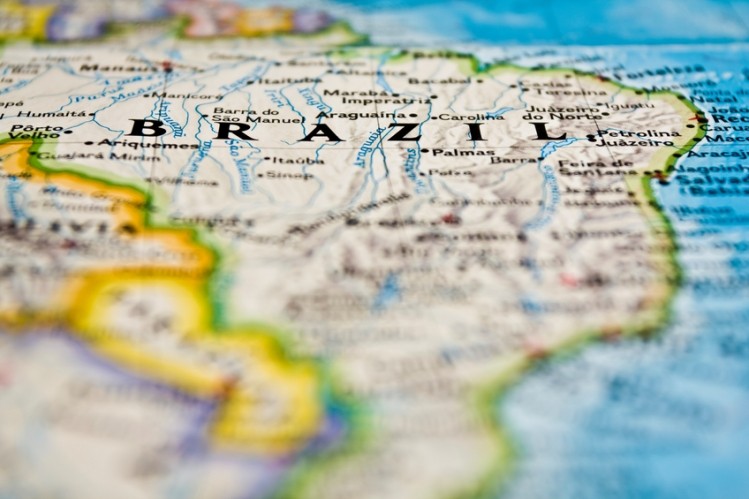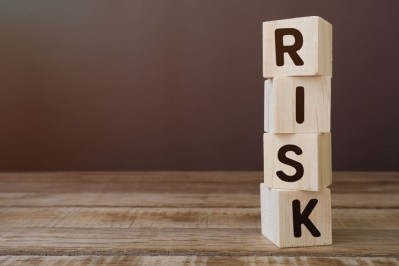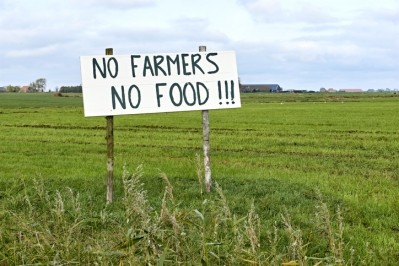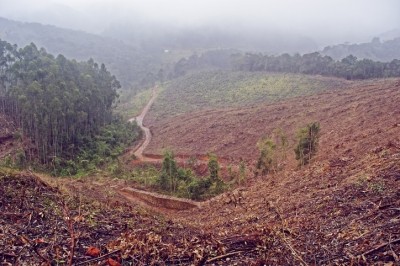Mercosur: EU farmers fear Brazil ag sector could have unfair advantage

EU trade chief, Cecilia Malmström, confirmed on Wednesday [May 22] that a deal on Mercosur could be reached in the coming months, as she responded to questions from media on the sidelines of an OECD conference in Paris.
“We are making good progress and this Commission would very much like to have an agreement during this mandate. And I think our friends from Mercosur are also eager to make progress," she told journalists [as first reported by Politico EU].
However, Copa and Cogeca have questioned how the EU Commission can justify to EU farmers and citizens that it plans to import further agricultural goods from Brazil a few months after Bolsonaro’s government authorized over 150 new pesticides, while, at the same time, the Commission is proposing the exact opposite strategy for its producers.
The farming group also argued that Brazil’s production models are subject to environmental, sanitary and phytosanitary standards below those in force in Europe, with it adding that the Latin American country would thus benefit from a clear and unfair competitive advantage.
“The European farming sector, which is currently already under significant pressure, will face an even tougher struggle for survival as it will find itself up against massive imports of beef, sugar, poultry, ethanol, rice, orange juice and many other products from these countries.”
In view of the further uncertainties surrounding the Brexit talks and international trade, as well as discussions on the future Common Agricultural Policy (CAP) and the EU budget, Copa and Cogeca said it is urging the EU not to put further pressure on the agricultural sector.
“European farmers can cope with further restrictions and the implementation of ambitious measures to adapt to climate change and to the environmental challenges. But they can only do so if the EU does not undermine their efforts by tolerating the import of goods from trade partners that encourage deforestation and agronomic practices that are not accepted inside our borders,” said Pekka Pesonen, secretary general of that Brussels based farming group.
Sustainability push should be built into trade talks
Meanwhile 600 scientists are calling on the EU to make sustainability one of the central tenets in its trade negotiations with Brazil.
The researchers argue in a letter to the journal Science that the country's forests and grasslands are crucial for nature and the climate.
They say measures to protect one of the last great forests should be incorporated into new trade rules.
In 2011 alone, the EU imported beef and livestock feed associated with Brazilian deforestation equivalent to more than 300 football fields per day, wrote the scientists.
"The EU thus urgently needs to strengthen efforts on sustainable trade and uphold its commitments on human rights, environmental protection, and climate change mitigation," argue the signatories, which included Laura Kehoe from the University of Oxford.
They urged the EU to make trade talks conditional on the Brazilian government upholding the rights of indigenous people, and improving procedures to trace commodities associated with deforestation and conflicts over Indigenous rights.








